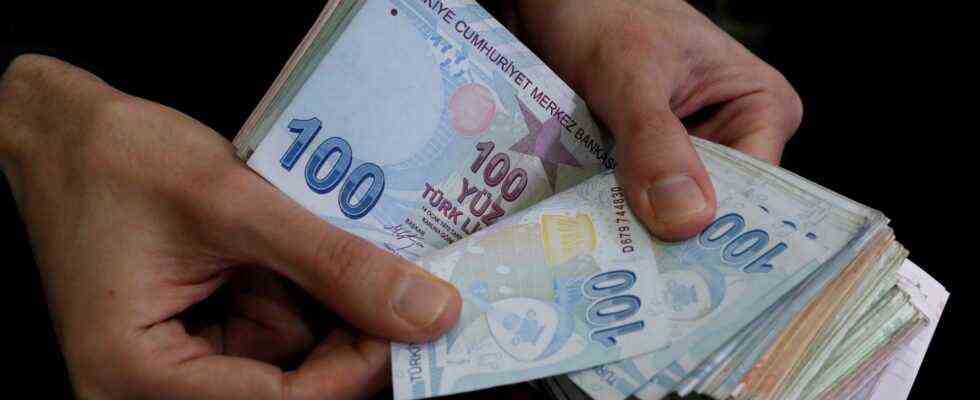Status: 07/14/2021 2:38 p.m.
In view of galloping inflation of recently 17.5 percent, the Turkish central bank left its key interest rate unchanged, as expected – at 19 percent. And there is still no turning point in sight.
The Turkish central bank is sticking to its high interest rate policy in July as well. She left the key rate at 19 percent today. It has thus remained unchanged since March. The decision was expected after it became known a few days ago that the inflation rate in Turkey rose to 17.5 percent in June. In May the increase was 17.0 percent. Company producer prices even rose by 42.9 percent in June.
This indicates that consumer prices are likely to rise even further in the coming months, as the manufacturing costs of companies usually also have a time-delayed effect on consumer prices. In addition, the weak exchange rate of the Turkish lira makes imports more expensive, above all oil and other raw materials, which are to be paid for in dollars. This means that the central bank’s room for maneuver to lower the key interest rate is likely to remain very limited.
In their communication there is no indication of an imminent change in the current monetary policy stance. On the contrary: the central bank is determined to leave the key interest rate unchanged until the significant decline in inflation forecast in April has been achieved and consumer prices have eased.
Interest rate has long been a political issue
At its last meeting, the central bank had signaled that it was moving towards lowering the key interest rate. Experts expect this to happen at the end of the year. The reason for this is the hope that inflation will decline towards the end of the year. However, the declared interest rate opponent and influential head of state Recep Tayyip Erdogan has already thought aloud that the summer months would also be an option for an interest rate cut. This has led analysts to warn that the lira and the economy may suffer from an early decline.
In March Erdogan dismissed the governor of the central bank, Naci Agbal, after he had raised the key interest rate from 17 to 19 percent. At the beginning of the year, the head of state had promised to accept the “bitter pill” of high interest rates to curb the double-digit rate of inflation. Agbal’s successor, Sahap Kavcioglu, a former AKP MP, is also actually seen as a proponent of low interest rates. But the rising inflation apparently leaves him no choice but to stick to the restrictive monetary policy of his predecessor.
Strong economic recovery expected
This is all the more true as the country’s economic recovery is continuing despite high interest rates. The central bank speaks of a strong development in the domestic economy. The growing number of corona vaccinations in the country is facilitating the recovery of the service and tourism industries, which have suffered particularly from the pandemic, writes the central bank. This will lead to broader economic growth than before. The economists of the major rating agencies recently expected a strong recovery. Moody’s expects growth of four percent, Fitch Rating even 6.7 percent – despite the continued rampant inflation.

